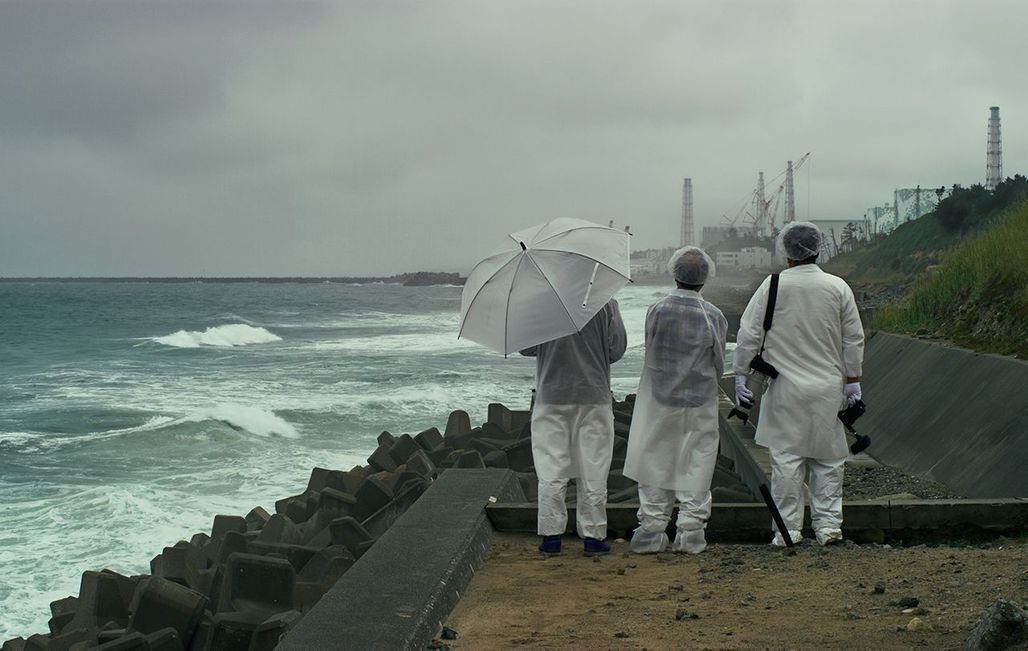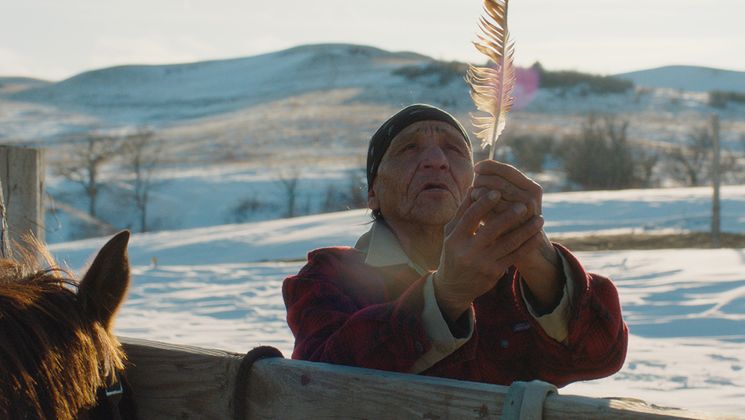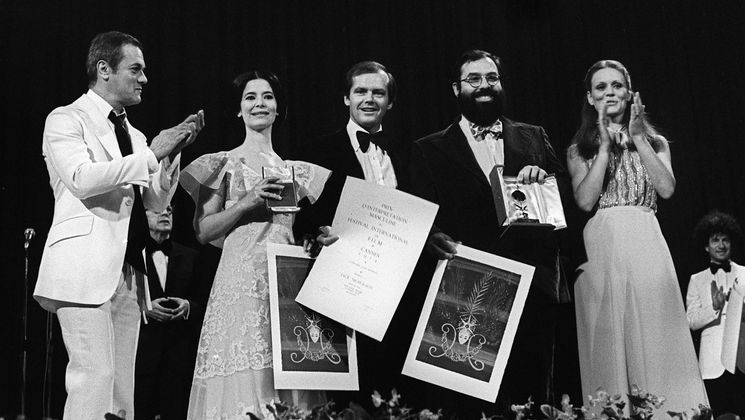
I’m so Sorry: interview with Zhao Liang

A must-watch available on arte until 31 March: the documentary I am so Sorry, directed by Chinese artist Zhao Liang. “From Fukushima to Chernobyl, Zhao Liang travels irradiated lands to meet stricken inhabitants. A cry of alarm in the form of an essay in bare poetry.” When the documentary was presented at Cannes in 2021 as part of the Cinema for Climate selection, we met the director. Interview.
Where did the idea for this film come from?
In 2017, I was doing some research for a new film in my home town of Dandong, in the province of Liaoning. I was at home when the ceiling light, the fan and the whole building began to tremble. We thought it was an earthquake. It was only the next day that we learned from foreign media that an atomic bomb had been launched from North Korea. The distance between the site where the explosion took place and Dandong was around 450 kilometres. The explosion was so powerful that we felt the shock in Dandong. It is from that personal experience that the idea came for the trembling ceiling light in the film.
The film recounts different historic events linked to the dangers of nuclear technology. Was that structure already present in the script?
Yes, I carried out my research based on material covering the past (Chernobyl), the present (Fukushima) and the future (Onkalo). I visited six countries: Japan, Ukraine, Belarus, Kazakhstan, Germany and Finland.
How did the shoot go in the areas affected by radiation?
As it was my first international project, the production budget was limited, which limited our possibilities. The measures for filming material about nuclear technology are very involved. We didn’t have real protections against the radiation. The best we could do was to prevent the inhalation of radioactive particles. I always had a radiometer on me to calculate the radiation levels. We had to film as quickly as possible in the high radiation zones. The workers also had to strictly follow all the procedures. Their bodies are pierced by invisible bullets every day… I wonder what motivates them to stay and work there.
Do you consider the film a warning addressed to the world?
As well as the high risks linked to radiation, nuclear waste brings with it a mountain of unending problems. I would like to alert the world to the fact that we don’t need to pay such a high price for nuclear energy. We need to examine our lifestyles, our mass consumption, and reflect on the poisonous aspects of the capitalist system itself. This is the moment to correct that. Every person who creates carbon emissions should reflect, and apologise to the future.
“Every person who creates carbon emissions should reflect, and apologise to the future.”
You are also a photographer and a contemporary artist. How do the different mediums interact in your work, and do they inspire each other?
As a video artist, my exploration of the audiovisual language is also present in my films. But from the audience point of view, I can’t be too abstract in my films. My films are like Mahayana Buddhism: they don’t just save me, they try to save others too.


